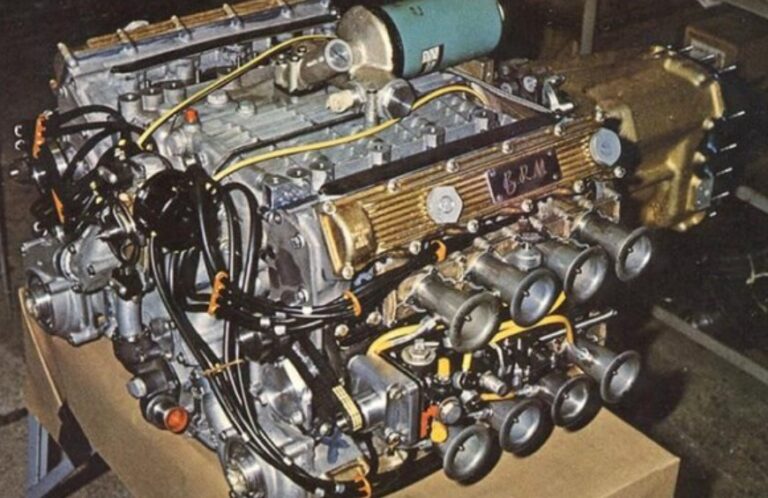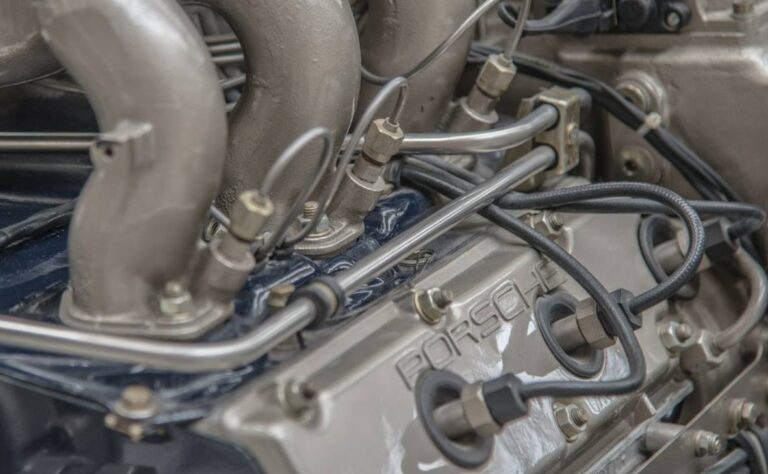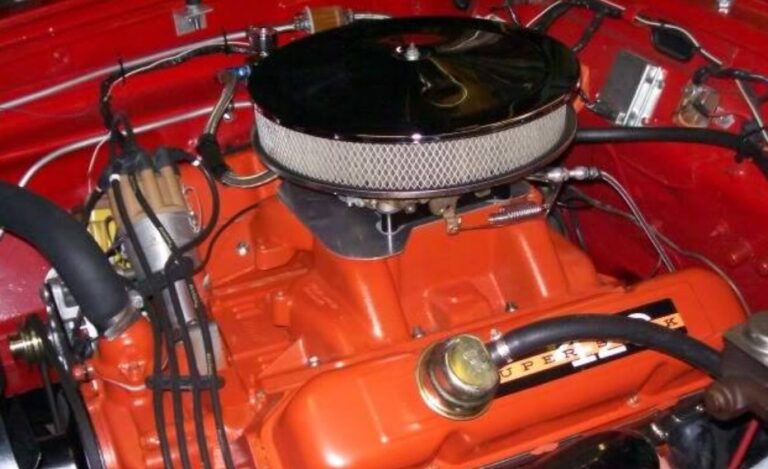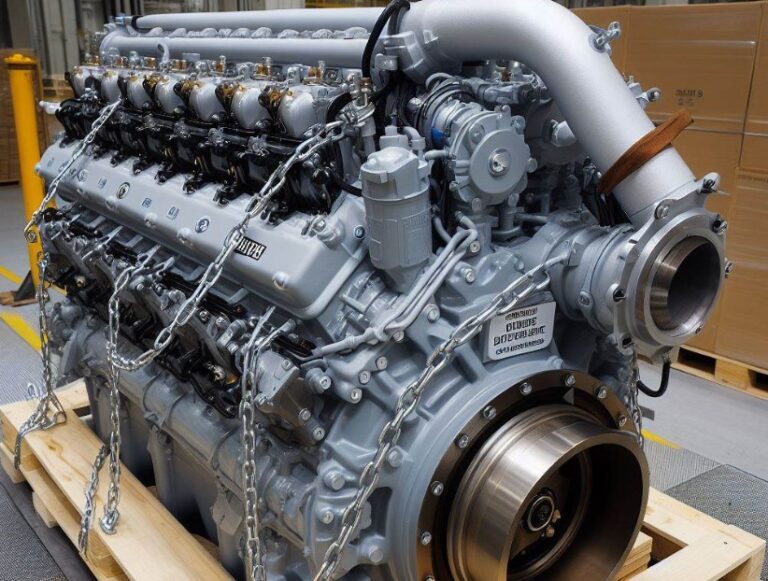Does Engine Ice Freeze? Quick Answer
When it comes to engine coolants, Does Engine Ice Freeze? This question is crucial for vehicle owners, especially in extreme weather conditions. Engine Ice, a popular engine coolant, is designed to manage engine temperatures effectively. It is essential to understand its freezing point and how it affects engine performance. This article delves into the properties of Engine Ice, its freezing characteristics, and implications for engine maintenance.
Key Takeaways
- Engine Ice is a high-performance engine coolant known for its low freezing point.
- The freezing point of Engine Ice is typically lower than that of traditional coolants.
- Understanding the freezing point of Engine Ice is crucial for vehicle maintenance in cold climates.
- The product is formulated to provide superior temperature regulation and prevent engine overheating.
Does Engine Ice Freeze?
Yes, Engine Ice does freeze, but at a significantly lower temperature compared to conventional coolants. Typically, Engine Ice will start to freeze at around -26°F (-32°C). This lower freezing point is due to its propylene glycol formulation, which differs from the more common ethylene glycol-based coolants.

The Science Behind the Freezing Point
Engine Ice’s unique formulation allows it to remain liquid at much lower temperatures, which is beneficial for engines operating in cold environments. The propylene glycol in Engine Ice not only lowers the freezing point but also offers better heat transfer properties compared to traditional coolants.
Advantages of Low Freezing Point Coolants
Using a coolant with a low freezing point, like Engine Ice, is essential for maintaining engine health, especially in colder climates.
Enhanced Protection in Winter
The lower freezing point of Engine Ice ensures that the coolant remains fluid, preventing freezing damage to the engine and cooling system.
Consistent Performance in Extreme Temperatures
Engine Ice maintains its efficiency in both hot and cold weather, ensuring optimal engine performance regardless of the external temperature.
Comparison with Traditional Coolants
Engine Ice stands out from traditional ethylene glycol-based coolants due to its lower freezing point and superior heat dissipation.

Traditional Coolants Vs. Engine Ice
Traditional coolants typically freeze at higher temperatures and may not be as effective in extreme cold conditions as Engine Ice.
Why Choose Engine Ice?
Choosing Engine Ice over traditional coolants can offer better protection and performance, particularly in environments with fluctuating temperatures.
Application and Usage Tips
Proper usage and application of Engine Ice are crucial for maximizing its benefits.
Correct Mixing Ratios
Following the recommended mixing ratios is vital for ensuring the coolant performs effectively and does not freeze at higher-than-expected temperatures.
Regular Maintenance and Checks
Regularly checking the coolant levels and condition can help maintain optimal engine performance and prevent issues related to freezing.
Engine Ice in Motorsports
Engine Ice is widely used in motorsports due to its ability to handle extreme temperatures and provide consistent cooling performance.

Motorsports Endorsements
Many racing teams and motorsport professionals endorse Engine Ice for its reliability and superior temperature management capabilities.
The Role in High-Performance Vehicles
In high-performance vehicles, Engine Ice plays a critical role in preventing overheating and maintaining engine efficiency.
Environmental and Safety Considerations
Engine Ice is not only effective but also environmentally friendly and safer compared to traditional coolants.
Eco-Friendly Formulation
The propylene glycol base of Engine Ice is less toxic and more environmentally friendly than ethylene glycol coolants.
Safety Benefits
Using Engine Ice reduces the risk of toxic exposure and environmental contamination, making it a safer choice for both users and the environment.
Is Engine Ice Safe For Winter?
Engine Ice is particularly effective for winter use due to its low freezing point. The key ingredient, propylene glycol, allows it to remain fluid and functional in extreme cold, preventing the coolant from freezing and causing potential damage to the engine.

This property ensures that the coolant continues to circulate, maintaining the engine at an optimal temperature and preventing cold start issues. In comparison to traditional ethylene glycol-based coolants, Engine Ice offers superior protection against freezing, making it a safe and reliable choice for winter conditions.
At What Temperature Will A Car Engine Freeze?
The freezing point of a car engine’s coolant system depends on the type of coolant used and its concentration. For standard ethylene glycol-based coolants, a 50/50 mix with water typically freezes at around -34°F (-36°C).
However, this can vary based on the specific formulation and concentration of the coolant. For Engine Ice, which is propylene glycol-based, the freezing point is even lower, around -26°F (-32°C).
It’s important to note that the freezing point refers to the coolant itself; the actual engine freezing point can vary depending on various factors, including engine type, coolant circulation, and external temperatures.
Is Engine Ice An Antifreeze?
Yes, Engine Ice is classified as an antifreeze coolant. It is designed to lower the freezing point of the coolant in the engine, thereby preventing freezing and related damage. In addition to its antifreeze properties, Engine Ice also helps in reducing the engine’s operating temperature in warmer conditions.

This dual functionality makes it an effective year-round coolant solution. The propylene glycol base in Engine Ice not only offers a lower freezing point than traditional coolants but also provides efficient heat transfer, which is crucial for engine performance and longevity.
Can You Mix Engine Ice With Antifreeze?
It is generally not recommended to mix Engine Ice with other types of antifreeze, especially those that are ethylene glycol-based. Mixing different types of coolants can lead to reduced effectiveness, and potential chemical reactions, and could negatively affect the cooling system’s performance.
Engine Ice is specifically formulated to operate optimally as a standalone coolant. If a change from another coolant type to Engine Ice is desired, it is advisable to completely flush the cooling system before adding Engine Ice to ensure compatibility and effectiveness.
Conclusion
In conclusion, Engine Ice does freeze, but at a much lower temperature than standard coolants. This property makes it an ideal choice for vehicles operating in harsh, cold conditions. The use of Engine Ice ensures enhanced engine protection, consistent performance, and environmental safety. It’s a top choice for those seeking efficient and reliable engine cooling solutions.
People Also Ask
Can Engine Ice be used in racing applications?
Engine Ice is highly popular in racing due to its effective heat dissipation and stable performance under extreme conditions. It’s widely used in various motorsports for its reliability and cooling efficiency.
What are the storage requirements for Engine Ice?
Engine Ice should be stored in a cool, dry place away from direct sunlight. The storage area should be well-ventilated and away from incompatible substances.
How does Engine Ice perform in extreme cold conditions?
Engine Ice performs exceptionally well in cold conditions due to its low freezing point. This prevents freezing and cracking in the engine and cooling system, a common issue with higher freezing point coolants.
Is Engine Ice safe for aluminum engines?
Yes, Engine Ice is safe for use in aluminum engines. It contains corrosion inhibitors that protect engine components, including aluminum parts, from corrosion and wear.
Can Engine Ice be used in all types of vehicles?
Engine Ice is suitable for a wide range of vehicles, including cars, motorcycles, and racing vehicles. However, it’s always best to check the manufacturer’s recommendations for your specific vehicle type.

Welcome to the exhilarating world of Matt Rex, a professional car racer turned renowned vehicle enthusiast. Immerse yourself in his captivating blog as he shares heart-pounding adventures, expert reviews, and valuable insights on cars, trucks, jets, and more. Fuel your passion for speed and discover the beauty of vehicles through Matt’s engaging stories and meticulous expertise. Join the ever-growing community of enthusiasts who find inspiration and expert advice in Matt Rex’s blog—a digital hub where the thrill of speed meets the pursuit of knowledge.







